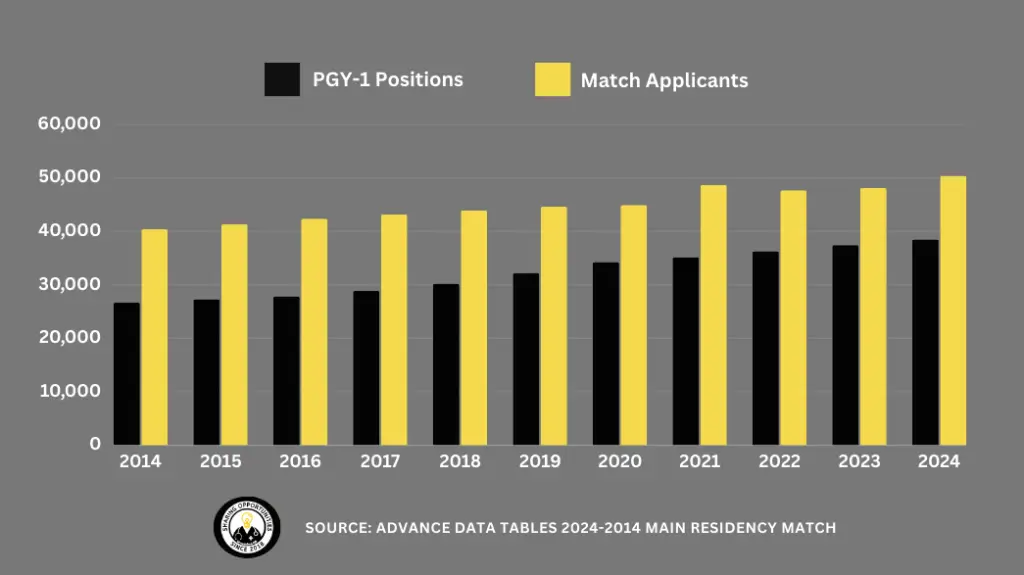Will You be Reapplying
Heading: Step 3 – Research, USCE, Network, Observerships ??????

Table of Contents
- Why Research Matters?
- How to Approach Research?
- Understanding USCE and its Importance
- Networking: The Hidden Gem
- The Value of Observerships
- Action Plan: Implementation Steps
Why Research Matters?
Research experience can help you develop critical thinking, problem-solving, and data analysis skills. Moreover, it can demonstrate your commitment to medicine and your chosen specialty. It may also provide opportunities to work with and learn from experts in your field, and to present or publish your work, further distinguishing you from other applicants.
How to Approach Research?
Identify your interests, and look for research opportunities in your chosen field. Reach out to professors, physicians, or researchers, expressing your interest and willingness to contribute. Be proactive, persistent, and professional in your communication. Attend research conferences, workshops, and seminars to learn about the latest developments and to network with other researchers.
Understanding USCE and its Importance
US Clinical Experience (USCE) refers to any direct patient care experience in the United States. This experience can be in the form of clerkships, externships, internships, shadowing, or volunteering. USCE is crucial for international medical graduates (IMGs) as it demonstrates their familiarity with the American healthcare system and their ability to work effectively in an American clinical setting.
Networking: The Hidden Gem
Networking can provide valuable insights, mentorship, and opportunities. Attend professional events, conferences, and seminars to meet and connect with professionals in your field. Join professional organizations and participate in their activities. Reach out to alumni or mentors who can provide guidance and support. Building relationships can lead to letters of recommendation, job opportunities, and a better understanding of the residency match process.
The Value of Observerships
Observerships provide an opportunity to observe and learn from experienced physicians in a clinical setting. While they do not involve direct patient care, they can help you gain familiarity with the American healthcare system, improve your clinical skills, and build your network. Observerships can also demonstrate your commitment to the field and your readiness to take on more responsibility.
Action Plan: Implementation Steps
- Identify your research interests and look for opportunities in your chosen field.
- Build a strong research portfolio by presenting or publishing your work.
- Gain USCE through clerkships, externships, internships, shadowing, or volunteering.
- Build your network through professional events, conferences, and seminars.
- Apply for observerships to gain familiarity with the American healthcare system and improve your clinical skills.
- Stay proactive, persistent, and professional in your communication and interactions.
- Seek guidance and support from mentors, alumni, or professionals in your field.
By following these steps, you can enhance your residency match application and increase your chances of success. Good luck! ?

